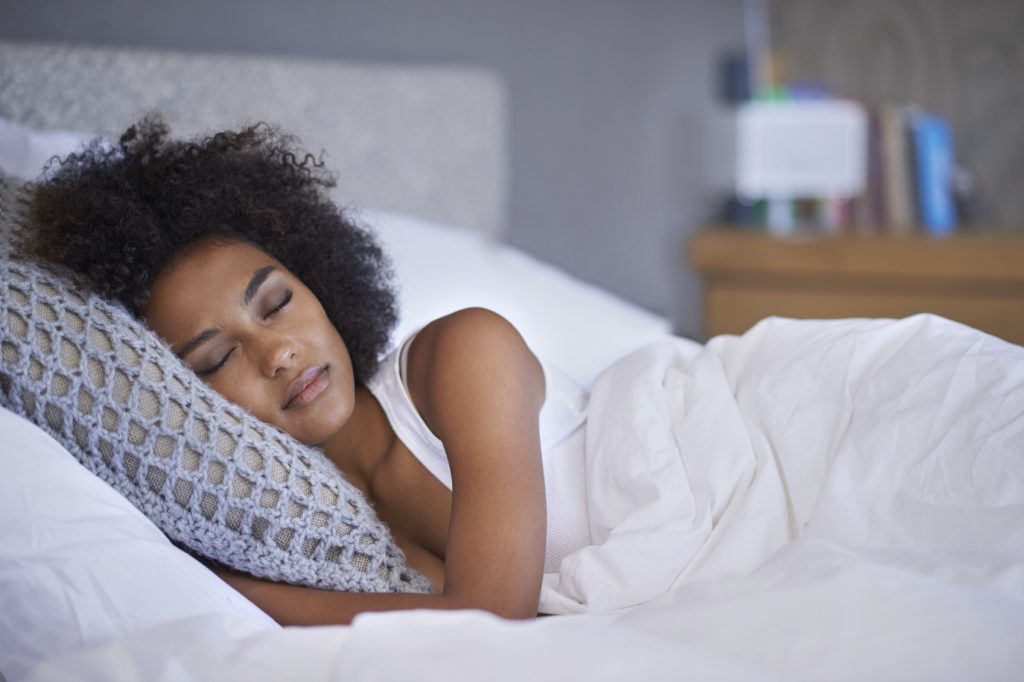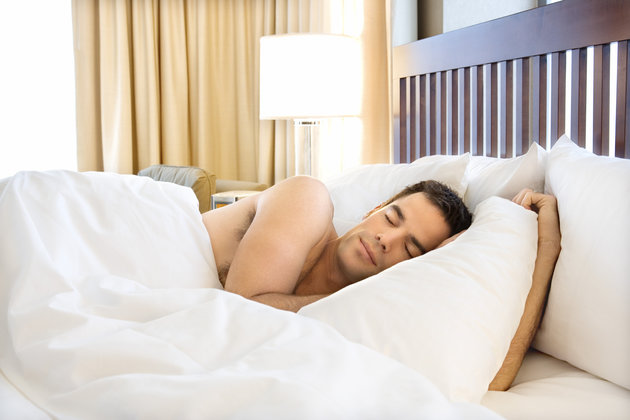Without sleep, your health — both mental and physical — as well as your ability to focus seriously suffers. And let’s be honest, without an adequate amount of rest, none of us are fun to be around.
There are a few tried and true ways to get a better night’s sleep, such as not consuming caffeine after a certain hour or keeping your devices out of your bedroom. But there are also factors that you wouldn’t expect to be sapping valuable hours of shut eye. Read on for some of the most stealthy sleep saboteurs.
Age
A recent study found that as a person gets older, the parts of his or her brain that deal with regulating sleep essentially start to decay, which leads to less non-REM sleep. This drop off in non-REM sleep can start sooner than you think: around your mid-30s.
Genetics
If you have a tendency to stay up all hours, it may be because of a gene mutation. Scientists at Rockefeller University in New York City studied a gene called “CRY1,” which helps regulate our circadian rhythms and when we feel tired. People who have a variation of CRY1 have a longer circadian cycle than others, leading them to stay awake longer.
Gender
Recent studies have found that women need more shut eye than men because of the more complex ways they use their brains during sleep. Women tend to sleep 15 to 20 minutes longer than men.
Career
People who work shifts — doctors, firefighters, bartenders — certainly have sleep schedules that get thrown off due to their schedules. But there are workers in some industries that you wouldn’t expect to run into this issue. A recent study from the CDC found the top occupation groups where workers had sleep troubles were communications equipment officers, transportation workers and rail transportation workers.
Weekends
After a long, stressful week, of course your inclination would be to get as much rest as possible, but sleeping in on Saturday and Sunday can lead to disrupted sleep during the rest of the week due to chronic social jet lag.
Your hometown
A recent study from the CDC looked at the sleeping habits of people across the United States and found the most well rested state in the country was South Dakota. The one that reported the worst time falling asleep was Hawaii.
Marital status
That same research from the CDC also looked at different demographics to figure out how well people slept based on their relationship status. The study found that folks in a relationship got better sleep compared to single people. Sixty-seven percent of married people slept seven hours or more a night compared to 62 percent of people who never married and 56 percent of those who were divorced, separated or widowed.
Education
The CDC also identified that “the prevalence of healthy sleep duration was highest among respondents with a college degree or higher” at 71.5 percent. So if you find yourself tossing and turning, maybe consider auditing a few classes or pursuing an advanced degree.
Your choice of toothpaste or tea
Peppermint is a prime way to keep you alert and focused, as evidenced by a study conducted by Wheeling Jesuit University in West Virginia in 2011. If you’re fading and need to meet a deadline, peppermint tea might be a helpful solution to help perk up, but if you want a soothing beverage before bed, try something else. Just avoid citrus, which has similar effects to peppermint. And maybe brush your teeth earlier in the evening.
The full moon
Yes, really. A 2016 study found in particular that children’s sleep patterns were disrupted by the phases of the moon.
Air pollution
A recent study identified that air pollution, specifically nitrogen dioxide, impacts our ability to sleep well. City dwellers in particular are at risk on top of the other stressors inherent to living in bustling metropolitan centers. Air pollution has increased by 8 percent across the world since 2011, according to data the World Health Organization released last year.


